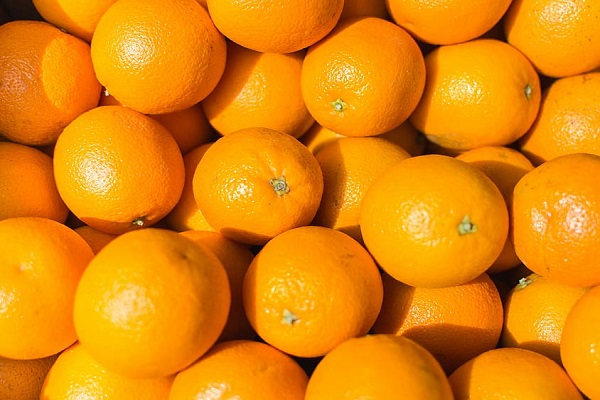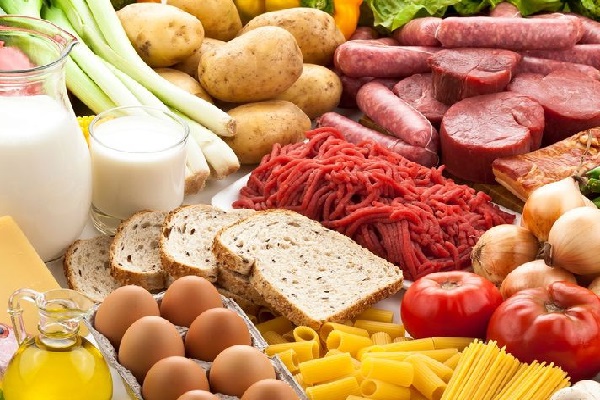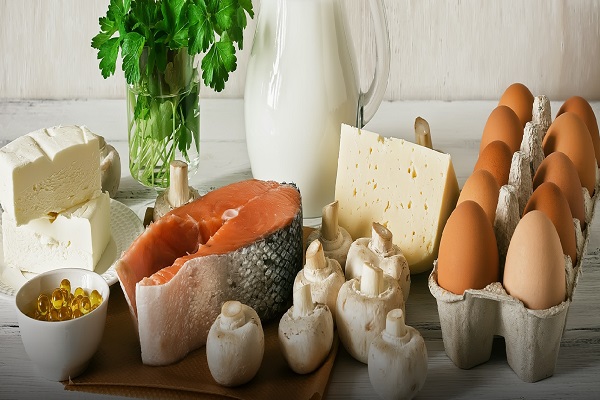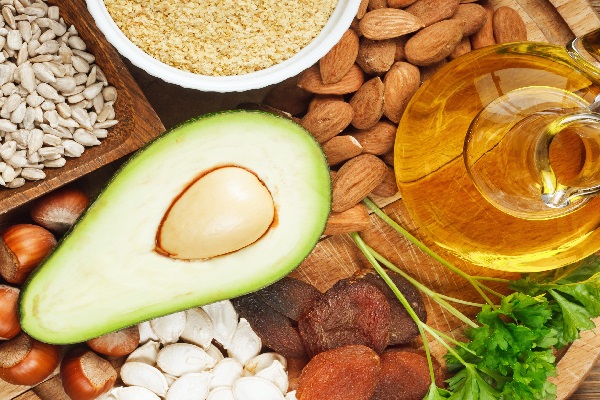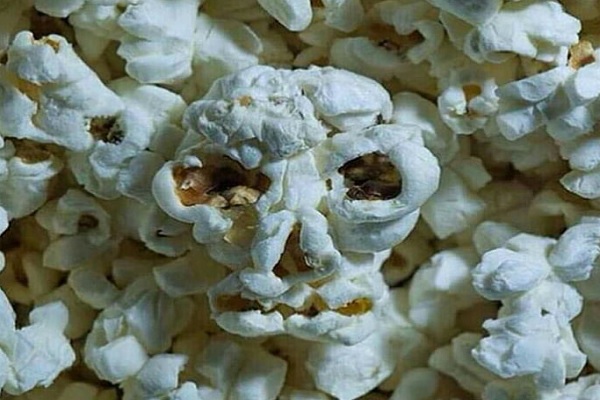Otherwise known as ascorbic acid Vitamin C helps your body tissue repair itself after various cuts and tears. But it is also a powerful antioxidant that can strengthen your body’s natural defences, help manage high blood pressure and even help protect you against dementia in old age. Yes, it really can do all those things and more, so it’s important to get as much of this vitamin into your body as you can, whether you are using Vitamin C supplements, where you can get things like lypo-spheric vitamin c online or by consuming any of these ten foods…
Oranges (53.2 mg – per 100 Grams)
When people think about vitamin c most people will suggest eating more oranges. Sure, they are indeed a good source of it, but what if you don’t like citrus fruits? Well, the good news is there are plenty of other foods that are even better sources of this valuable vitamin.
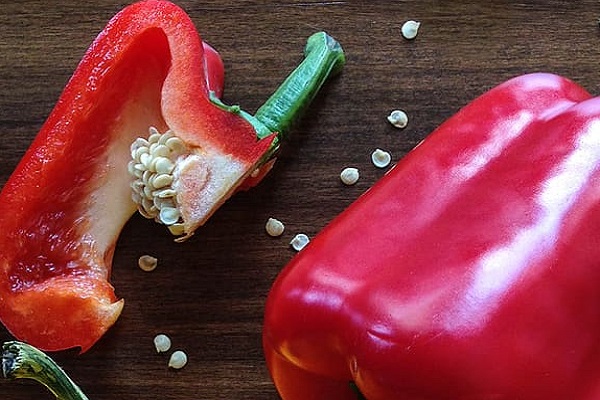
Red Peppers (143.7 mg – per 100 Grams)
Just a single chopped bell pepper has nearly 3 times the amount of Vitamin C an orange has and you can use it in more diverse ways, especially when it comes to meal preparation. Given that you only need 40mg of vitamin C a day a single pepper can deliver 3 times your daily recommendation!
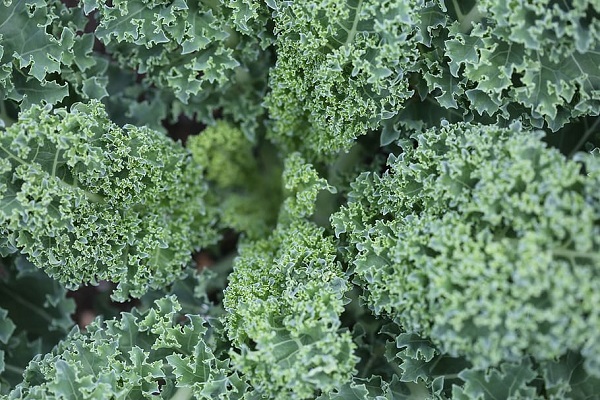
Kale (120 mg – per 100 Grams)
Kale is a good source of many things and even has high amounts of beta-carotene that the body converts into vitamin A as it needs it. This nutrient-dense food once again has more than 3 times your daily recommendation in just a few leaves that you could be enjoying as a dipping paste for those Doritos!
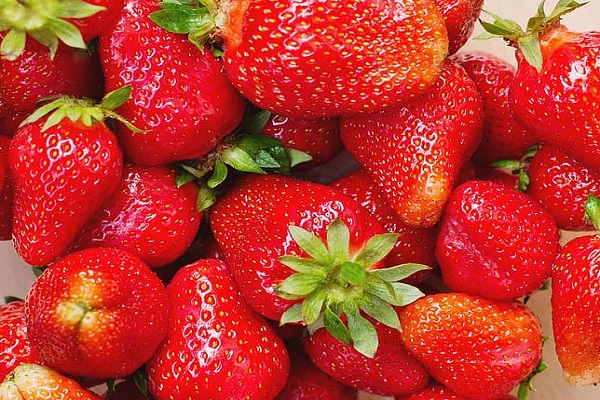
Strawberries (58.8 mg – per 100 Grams)
Yes, Strawberries really are higher in Vitamin C than oranges. As a general rule the fresher they are the better they will be for you, so do try and eat them as soon as you purchase them. But you could always enjoy them on a cake, or part of a summer salad.
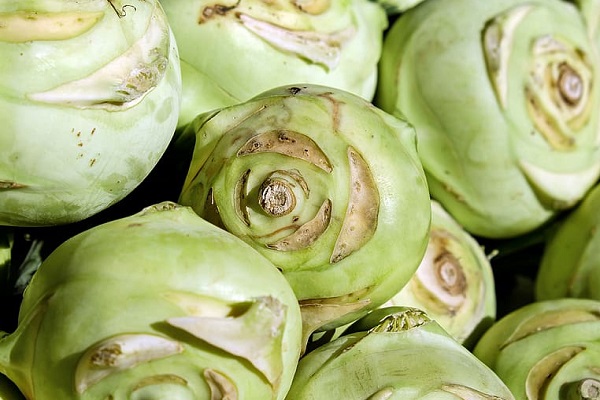
Kohlrabi (62 mg – per 100 Grams)
Otherwise known as a German turnip this biennial vegetable is a type of wile cabbage that has a thick protective skin. But once inside this low glycemic index food can help improve satiety and glycemic control as well as increase your daily Vitamin C intake.
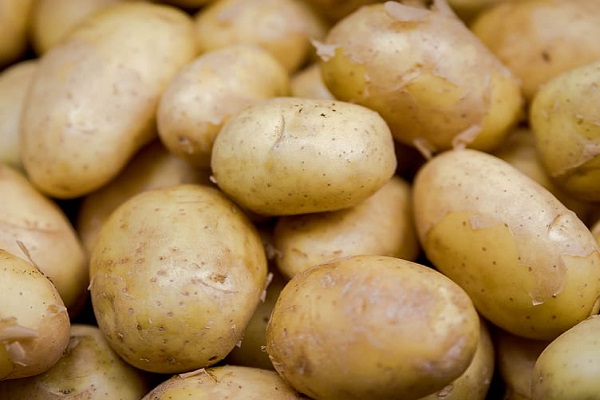
Potato (19.7 mg – per 100 Grams)
OK, so potatoes are not the best source of Vitamin C but they are a good alternative to those who don’t like much fruit. Besides, potatoes are also a good source of fibre that can help you lose weight and keep your body feeling fuller for longer.
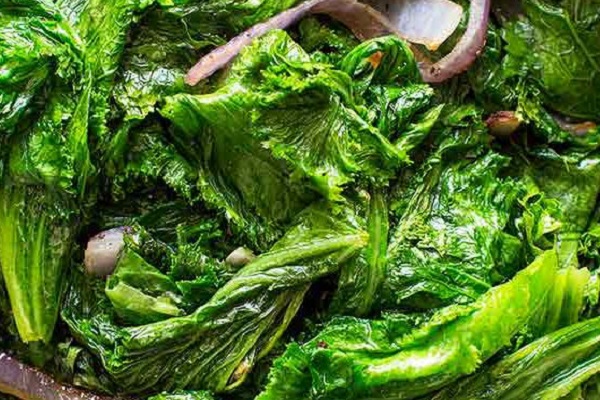
Mustard greens (70 mg – per 100 Grams)
Not only do mustard greens offer twice your recommended daily amount of Vitamin C, but they are also really good for your immune system. In fact, mustard greens are an excellent source of many vitamins including Vitamin A, K, C and even some Vitamin E!
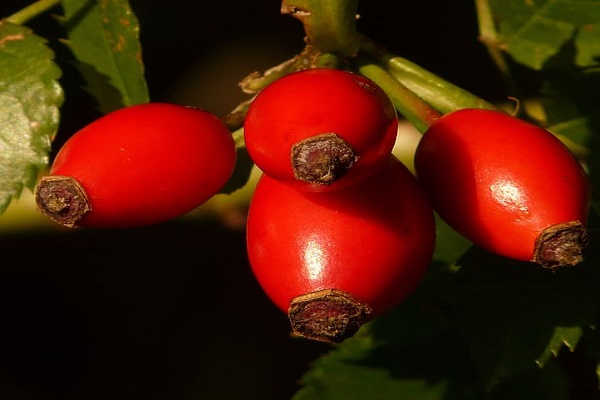
Rose Hips (426 mg – per 100 Grams)
You might not have heard of them before now, but fresh rose hips contain ten times your recommended vitamin C intake in just a small handful! Even if you consume just a single bud you would have received your recommended daily amount!
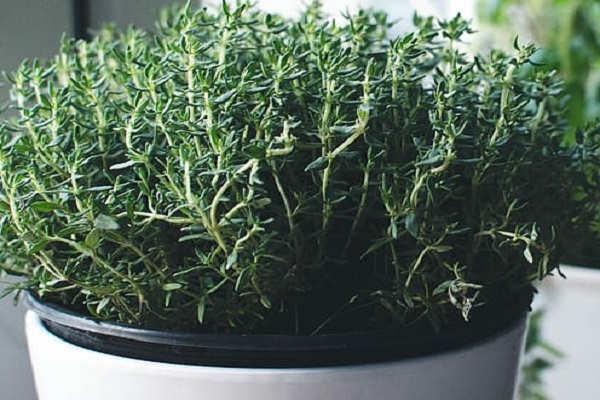
Thyme (160.1 mg – per 100 Grams)
Thyme not only smells great, but it is also a good source of vitamins A and C. This herb is a rich source of many important vitamins and you can consume it in so many ways you might not even taste it if you include it in the right meal, especially when it comes to using it to infuse meats.
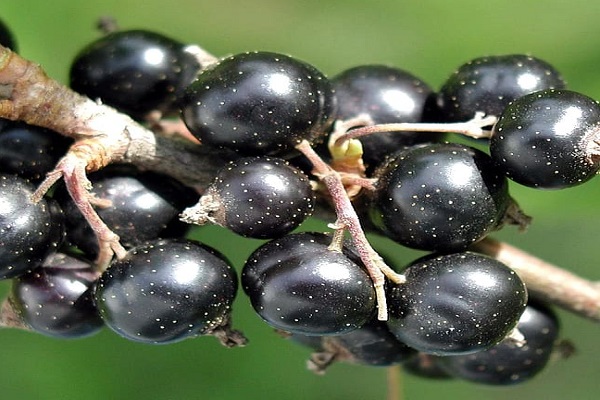
Blackcurrants (122.4 mg – per 100 Grams)
I decided to include these tasty little berries because I personally like how diverse they are. You can costume them in teas, jams or even pick them straight off the bush and eat them. Blackcurrants contain four times the amount of vitamin C than oranges making them well worth including in your weekly rotation
If you prefer any other foods that are also a good source of Vitamin C do let us know in the comments below.
